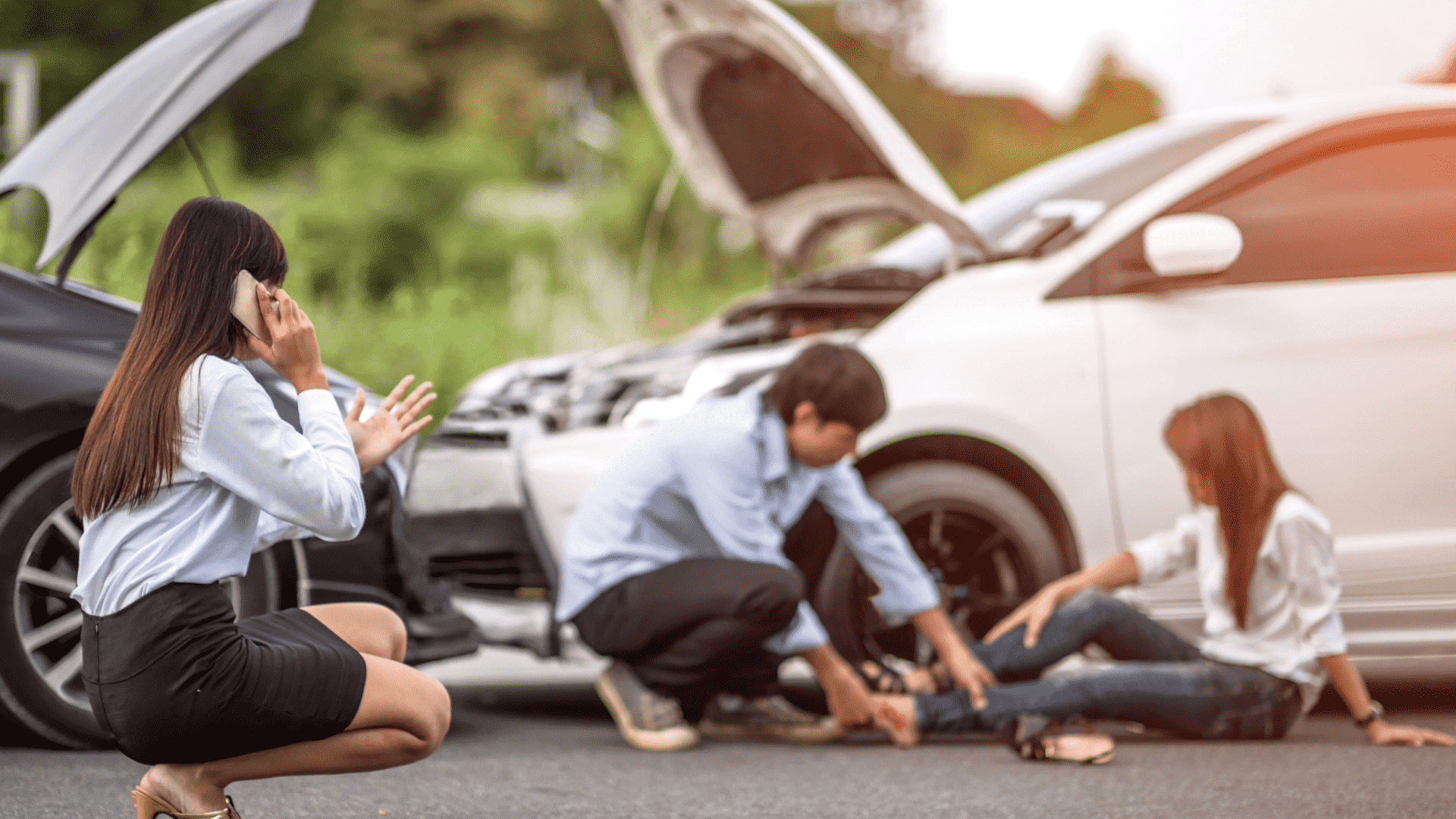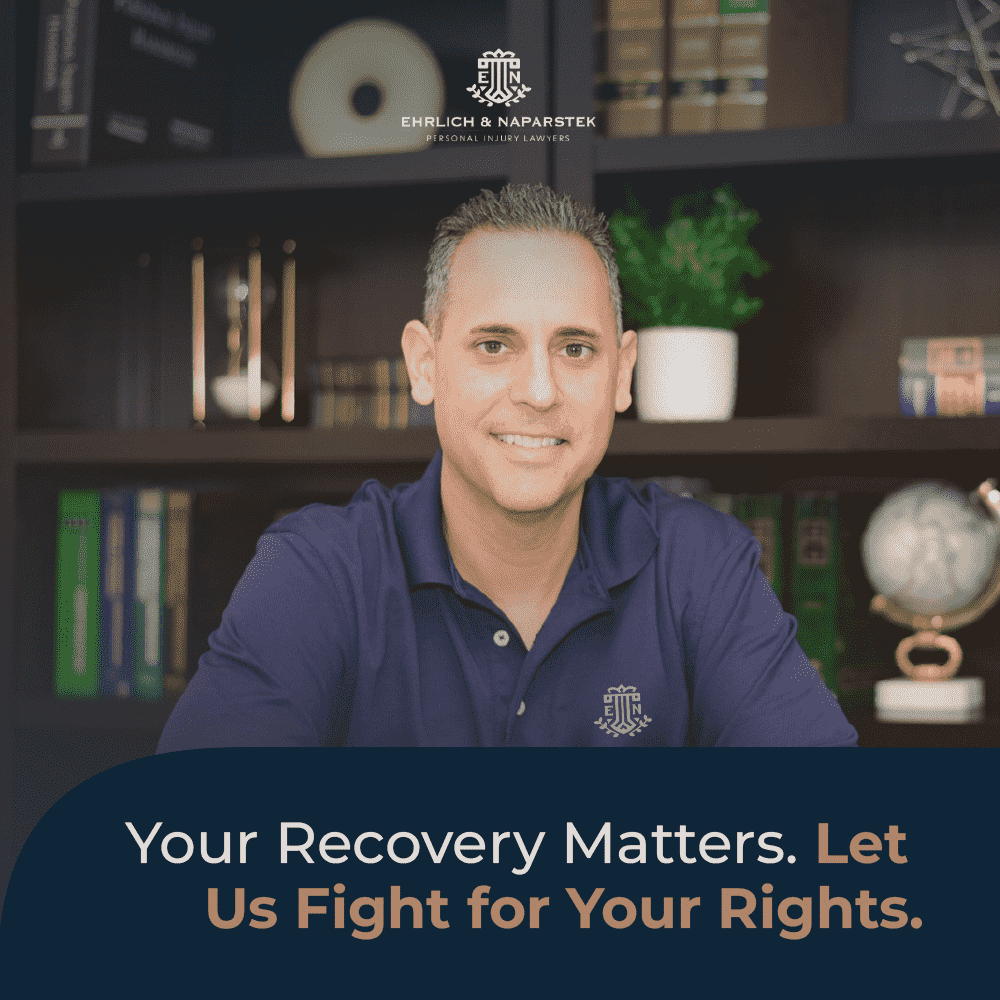Mon to Sun - 24/7 365
Road Rage: Understanding Its Impact on Driving Safety
Table of Contents
Toggle
Introduction to Road Rage
Road rage is a serious concern on today’s roadways, defining a range of aggressive behaviors triggered by anger that drivers exhibit towards each other. This dangerous conduct not only compromises the safety of the involved individuals but also affects all road users, potentially leading to road accidents and other safety issues. Understanding the root causes, consequences, and management strategies associated with road rage is essential for promoting safer driving practices.
What Causes Road Rage?
Identifying the triggers of road rage is the first step toward mitigation. Below are some of the primary causes:
Stress and Emotional Distress
Drivers often carry the burden of their personal or professional stress into their driving habits. This emotional distress can lead to decreased patience and a shorter temper, which may manifest as aggressive driving.
Heavy Traffic
Traffic congestion is a significant contributor to road rage. Delays and the slow movement of traffic can frustrate drivers, making them more likely to engage in risky driving behaviors to get ahead of others.
Anonymity
Driving provides a sense of anonymity, especially in cities where one is less likely to encounter people they know. This anonymity can make some drivers feel they can escape the consequences of aggressive behaviors.
Habitual Aggression
For some, aggressive driving is a learned behavior that has become habitual. These drivers are more likely to react negatively during stressful driving situations.

Impacts of Road Rage on Road Safety
The impact of road rage extends beyond individual drivers, affecting overall traffic safety and community wellbeing:
Increased Risk of Accidents
Aggressive driving behaviors such as tailgating, speeding, and unsafe lane changes significantly increase the risk of collisions and accidents on the road.
Physical and Verbal Confrontations
Road rage can escalate to physical altercations or verbal disputes at traffic lights or stops, which not only endangers the drivers involved but also other road users.
Legal and Financial Consequences
Engaging in road rage can lead to various legal issues, including traffic citations, criminal charges, and potentially increased insurance premiums due to risky driving behaviors.
Elevated Stress Levels
Road rage contributes to a hostile driving environment, which can increase stress levels for all drivers, not just those directly involved in aggressive incidents.
Strategies to Prevent and Manage Road Rage
Adopting effective strategies to manage and prevent road rage is crucial for maintaining road safety.
Individual Responsibility
- Maintain Emotional Control: Recognizing when you are becoming frustrated or angry while driving is key. Employ techniques such as deep breathing or listening to soothing music to calm down.
- Plan Your Route: Allowing ample time for your journey can reduce the urge to speed and your frustration with delays.
- Practice Empathy: Consider that other drivers might also be dealing with stress or personal issues. Practicing empathy can help you respond more calmly in stressful driving situations.
Community and Legal Measures
- Enforcement of Stricter Penalties: Imposing tougher penalties for aggressive driving behaviors can deter drivers from engaging in road rage.
- Public Awareness Campaigns: Educational initiatives that focus on the dangers of road rage and the importance of courteous driving can help change driving behaviors.
- Improvements in Road Infrastructure: Enhancing the design and maintenance of roadways to facilitate smoother traffic flow can decrease driving frustrations.
Government Resources and Assistance
The National Highway Traffic Safety Administration (NHTSA) provides valuable resources that offer insights and guidelines on how to handle aggressive driving situations effectively.
Conclusion
Road rage is a preventable phenomenon that requires attention from all drivers. By understanding its causes and impacts, and implementing effective prevention and management strategies, we can create safer roads for everyone.
Contact Ehrlich & Naparstek Personal Injury Lawyers for Road Rage Incidents
If you are a victim of a road rage incident and need legal assistance, Ehrlich & Naparstek Personal Injury Lawyers are here to help. Contact us 24/7 at (772) 842-8822 (Stuart) or (561) 687-1717 (West Palm Beach), or visit our office at 1330 SE Federal Hwy, Stuart, FL 34994. We are committed to providing you with the support and guidance you need to protect your rights and ensure your safety on the road.

clients have
confidence in us
Best Lawyer, Simply Incredible, Unbelievably Efficient, and Utterly Reliable - This law firm exceeds all expectations! I assure you, disappointment is not in their vocabulary. Experience it for yourself! They are unequivocally the finest attorneys in the state. Don't hesitate; schedule your consultation today!
Ken and his team are undoubtedly the best lawyers I've ever had the pleasure of working with. Ken's dedication to his craft is nothing short of amazing. He truly loves what he does, and his passion shines through in every aspect of his work, making it a truly remarkable experience. Unlike many other lawyers who make grand promises, Ken and his team keep it refreshingly real. My entire family has been incredibly impressed with Ken's expertise and professionalism, and I wholeheartedly recommend him to anyone in need of legal assistance. Ken and his team are the real deal, and you can trust them to deliver exceptional results.
Mr. Ehrlich was truly exceptional in every aspect of his service. He consistently went above and beyond to assist me with any issues or inquiries that arose, demonstrating an unwavering commitment to my needs. His availability for communication was remarkable, being accessible at any hour of the day, which greatly enhanced the convenience of our interactions. Furthermore, he expedited the process and delivered the desired results with remarkable efficiency. I wholeheartedly endorse and highly recommend Mr. Ehrlich to anyone seeking assistance.
Accident Types
important PERSONAL INJURY FAQ
vision makes us who we are
What is the statute of limitations for personal injury claims in Florida?
In Florida, the statute of limitations for most personal injury claims is four years from the date of the injury. This means that if you've been injured, you have four years to initiate legal proceedings. If you fail to file your lawsuit within this time frame, you may lose your right to seek compensation.
How is fault determined in Florida auto accidents?
Florida operates under a no-fault insurance system. This means that after most traffic accidents, your own insurance policy will compensate you for medical expenses and lost income, irrespective of who was at fault. However, in severe injury cases, you might be able to step outside this no-fault system and file a lawsuit against the at-fault driver.
What is Florida's comparative negligence rule?
Florida follows a pure comparative negligence rule. If you're found to be partially at fault for your injury, your compensation may be reduced by a percentage equal to your share of the blame. For instance, if you're found to be 20% at fault, you can still recover 80% of your total damages.
What damages can I recover in a personal injury lawsuit in Florida?
In Florida, you can seek compensation for both economic and non-economic damages. Economic damages include tangible costs like medical bills and lost wages, while non-economic damages cover intangibles like pain and suffering, emotional distress, and loss of enjoyment of life.
How long does it typically take to settle a personal injury case in Florida?
The duration varies based on the complexity of the case, the parties involved, and the evidence. While some cases might settle quickly, others, especially those that go to trial, can take months or even years to resolve.
How much will it cost me to hire a personal injury attorney?
We operate on a contingency fee basis. This means that we only get paid if you win your case or secure a settlement. Typically, the fee is a percentage of the compensation you receive.
What should I do immediately after an accident in Florida?
First, prioritize your safety and seek medical attention. Then, if possible, document the scene, take photographs, gather witness information, and report the incident to the police or relevant authorities. It's also advisable to contact a personal injury attorney as soon as possible.
What if the person who hit me doesn't have insurance?
If you're hit by an uninsured or underinsured driver in Florida, you can turn to your own insurance policy's uninsured/underinsured motorist coverage. This coverage can help compensate for your injuries and damages.
How do I prove pain and suffering in a personal injury case?
Pain and suffering are subjective and can be challenging to quantify. Evidence such as medical records, therapy sessions, personal journals, and testimonies from friends and family can help establish the extent of your pain and suffering.
Make an inquiry?
vision makes us who we are















